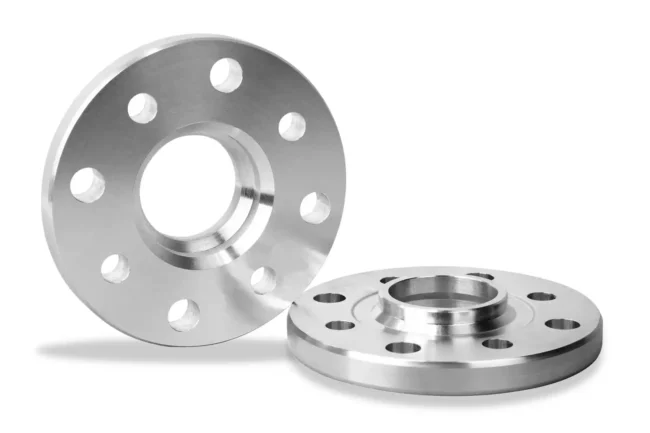Magnesium (Mg) is a shiny, silvery-white metal that is known for its lightness and good machinability. It is the lightest of the structurally used metals and is characterized by its high strength and low weight. Magnesium burns with a dazzling white flame.
Pure magnesium is rarely used in structural applications as it is relatively soft and highly reactive. Instead, magnesium alloys are often used, combining the metal with elements such as aluminum, zinc, manganese and silicon to improve its strength, hardness and corrosion resistance. Common alloys include AZ31 (magnesium-aluminum-zinc), AZ91 (magnesium-aluminum-zinc) and WE54 (magnesium-yttrium-rare earths). These alloys improve the mechanical properties and make magnesium more attractive for industrial applications.
Magnesium and its alloys are used in a variety of industries, especially in the automotive and aerospace industries, where weight reduction plays a key role in energy efficiency. In the automotive industry, magnesium is used for lightweight components such as engine blocks, transmission housings and interiors to reduce the overall weight of vehicles. In the aerospace industry, it is used in components such as aircraft frames and seats to increase efficiency and save fuel.

| DIN/ISO | ||
|---|---|---|
| AZ31 | • good forgeability • worthy weldability • often used in aerospace industry |
|
| AZ91 | • excellent castability • corrosion resistant • is used in the automotive industry, for example |
|
| AM50 | • very high ductility • good impact strength • High machinability and surface quality |
|
| WE54 | • high temperature resistance • Good strength and stiffness • often used in aerospace industry |
Magnesium alloys are mainly used because they are very lightweight. Magnesium is one of the lightest structural metals, making it ideal for the automotive and aerospace industries where weight often needs to be reduced. In addition, the high strength at low weight is a great advantage for demanding applications. With high damping properties, magnesium alloys can also ensure that components are noise-reducing and very stable. Finally, the alloys, especially AZ91, are known for their excellent casting properties. This makes them well suited for die casting or sand casting, for example.
Magnesium is a very reactive metal. Pure magnesium is therefore not suitable for direct installation, only the alloys. The reactivity also requires special protective measures, in particular to protect the metal from corrosion. In addition, the alloys are also susceptible to reactivity, which is why care must be taken to take appropriate protective measures during various manufacturing and joining processes.
* By submitting the form, you agree to the assemblean privacy policy.